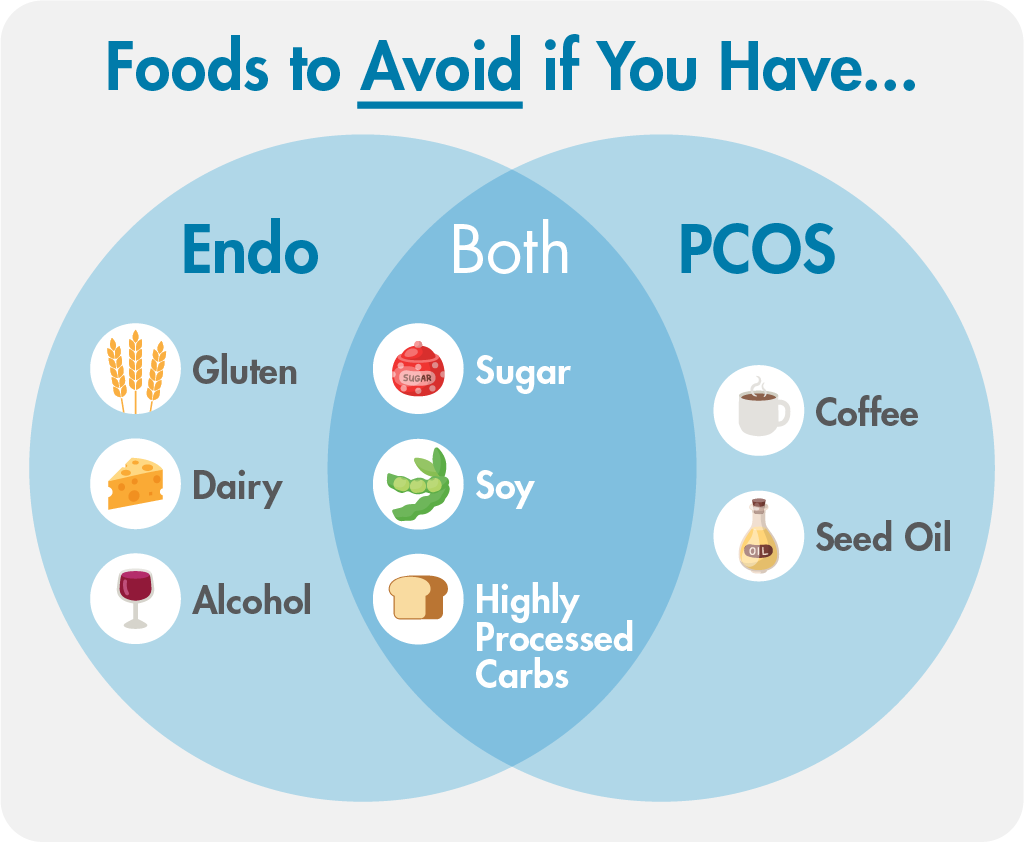“Nutrition vs. Supplements: What’s Best for Managing Endometriosis and PCOS?”
Introduction
Endometriosis and Polycystic Ovary Syndrome (PCOS) are common conditions that can cause a lot of discomfort. Many people wonder if a healthy diet or popping a supplement is the best way to manage these issues. Let’s explore how nutrition and supplements stack up against each other!
Why Nutrition Matters
Eating the right foods can play a big role in managing endometriosis and PCOS. Foods like fatty fish (think salmon), whole grains, fruits, and veggies help reduce inflammation and balance hormones. These foods are packed with nutrients your body needs to function at its best.
The Truth About Supplements
Supplements are convenient and can be helpful, but they aren’t a cure-all. They often don’t get absorbed by the body as well as nutrients from real food. For example, while you might absorb about 60% of a supplement, you can absorb nearly all the nutrients from food.
Oxidative Stress and Antioxidants
Oxidative stress is linked to endometriosis and PCOS. Foods rich in antioxidants (like berries, nuts, and leafy greens) help combat this stress. While supplements can also provide antioxidants, they’re not as effective as getting these nutrients from your diet.
What Does Science Say?
Scientific research shows that the absorption rate of oral supplements can vary widely depending on the nutrient and individual factors. For example, vitamin C has an absorption rate of about 70-90% at moderate intakes (30-180 mg/day), but this drops to less than 50% at higher doses (above 1 g/day). Similarly, calcium has an absorption rate of 25-35%. These rates indicate that not all of the nutrients in supplements are fully absorbed by the body.
Factors such as age, digestive health, and whether the supplement is taken with food can also impact absorption rates. For instance, people with conditions like Coeliac Disease, Crohn’s Disease, or Ulcerative Colitis may have even lower absorption rates due to impaired digestive function.
In contrast, nutrients from food sources are generally absorbed more efficiently because they come in a natural matrix that the body is designed to process. This is why a balanced diet is often recommended over relying solely on supplements.
One Big Nutrition Tip for Oxidative Stress:
Include plenty of antioxidant-rich foods in your diet! Think vibrant fruits and vegetables like berries, spinach, and kale. These foods help fight oxidative stress by neutralizing harmful free radicals in your body.
Like To Learn More?
Want to learn more about how nutrition can transform your health? Visit thenutridoc.com or follow me on Instagram @thenutridoctor for personalized tips and advice. Let’s nourish your body back to health together! 💪🍏



